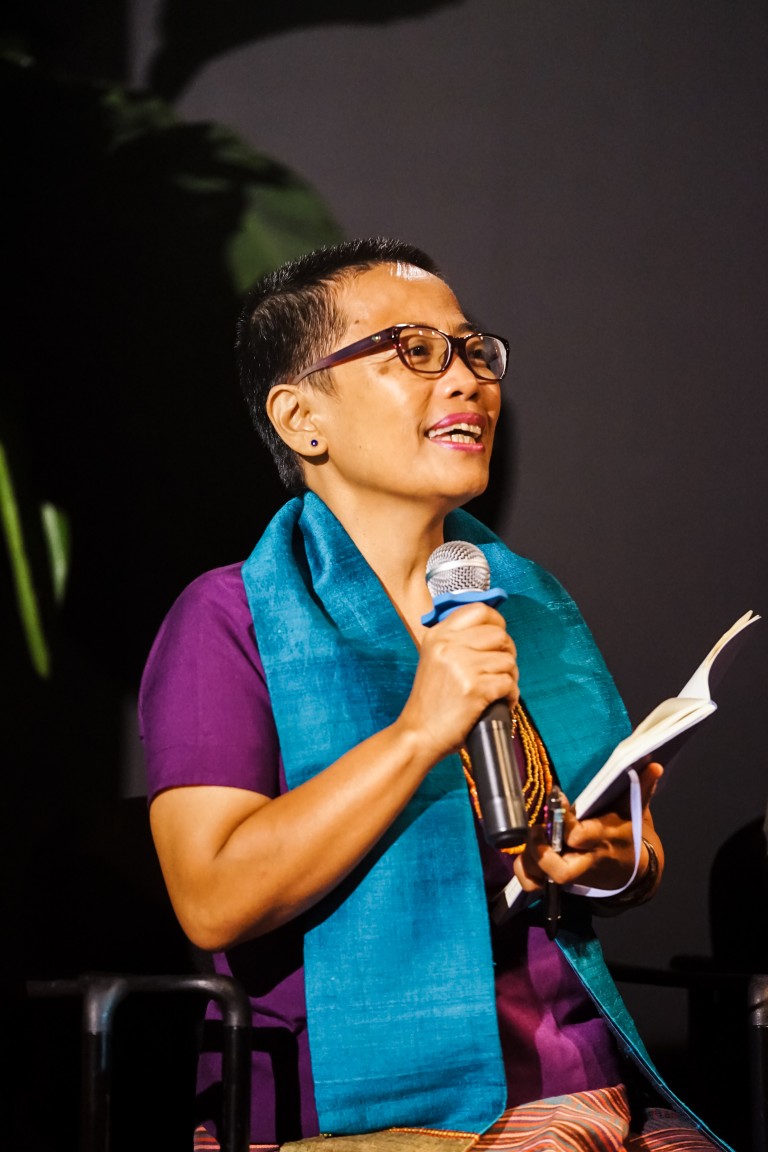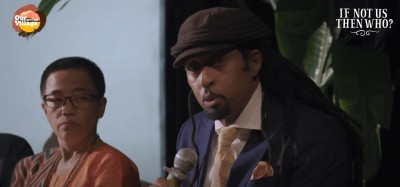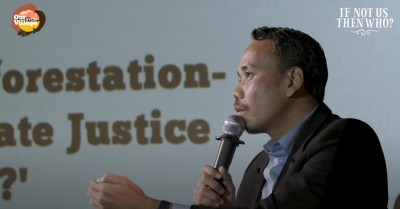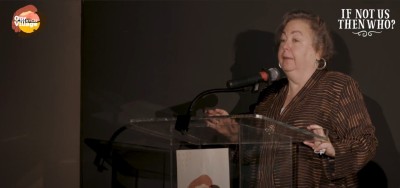NYC Climate Week 2023
September 2023
A Path to Reconciliation
Transcript
- You know, so we don’t call ourself forest people because for us, we just call it home. We don’t say forest, river, mountains or whatsoever, but really we just call it home. Yeah, that’s home. Indigenous peoples we have suffered from what’s called ‘Loss and Damage’. Everybody, all of us, we need to embrace what kind of loss we have suffered and how do we move forward.
- This way it’s not just participations, but it’s like if we want to reconcile and work together for a better future. We need to embrace the reality together. So, I mean. It’s about power.
- Yeah, we suffer because there are powerful actors who are taking things from us. And, well, they don’t like it if I say you violate our rights, you are violators. I mean, it is impossible for the state or the government or for the private companies to understand how does it feel to be losing something? Because they’ve never suffered of that.
The path to Reconciliation starts with a collective acknowledgment of the Loss and Damage experienced by Indigenous Communities. It’s not merely about participation but also about embracing our shared reality and addressing power dynamics.

Rukka Sombolinggi
Secretary General
Rukka is the first female Secretary General of AMAN, the world’s largest Indigenous Peopless organization. Hailing from the Torajan community in Sulawesi, Indonesia, she is renowned for her passionate speeches and lifelong commitment to indigenous rights. Rukka’s involvement in the movement traces back to her parents hosting a pivotal meeting in 1993. She holds a […]
See speaker profile
How to transform the system?
Those most affected by the climate crisis are also those with the least power to decide and act on it. Tackling climate justice demands a shift in power, not only to repair frontline communities, but also to make sure that those who negotiate, sign and approve are also those most knowledgeable of what needs to be done to stop the crisis.


